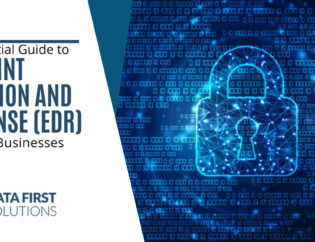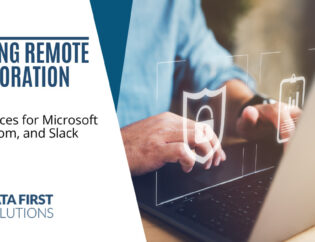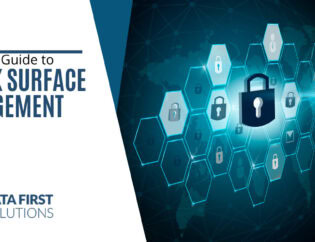
What Are the Common Cyber Threats to Mobile Phones?
Mobile phones are highly vulnerable to cyber threats that may disclose personal information. A very prevalent threat comes in the form of malware, which can be downloaded inadvertently from malicious apps or links. Malware can steal data, track your location, or even control your device remotely.
Phishing attacks are another threat that occurs. These are messages or emails that deceive users into revealing sensitive information such as passwords or credit card numbers. It occurs via SMS-smishing and email-phishing, so care is needed not to press any link from an unverified source.
Then, there is the added risk of unsecured wireless networks. Once you are plugged into public Wi-Fi, it’s much easier for hackers to intercept data in transmission across the network. Hence, this makes it easy for them to access private information without you knowing.
How Can You Protect Your Mobile Phone from Malware?
One can avoid malware infection through vigilance and proactive measures. First, the download of apps should only be done from trusted sources, such as the Google Play Store or the Apple App Store. These two provide security to detect malicious apps and remove them.
Keep your operating system and apps updated. Many updates offer critical security patches for newly discovered vulnerabilities. Turning on automatic updates can ensure you don’t miss an important security enhancement.
You can install a mobile security application—a reputed one. It will provide additional protection by offering virus scanning, real-time protection, and safe browsing alerts. These can help in malware detection and removal before they strike.
Why Use Strong Passwords?
Strong passwords form the basis of ensuring security on a mobile phone. A weak password is readily guessed through brute force attack methods by a hacker. To make a strong password, include a mixture of letters, numbers, and symbols. Avoid using easily guessed information like birthdays or common words.
Consider enabling two-factor authentication (2FA) for an added layer of security. 2FA requires a second form of verification, such as a text message code or fingerprint scan, in addition to your password. This makes it significantly harder for unauthorized users to access your accounts.
By using a password manager, you can generate and securely store complex passwords—so you won’t have to remember each password, which reduces the temptation to reuse passwords across accounts.
How Does Encryption Improve Security on Mobile?
Encryption is one of the most powerful ways to protect data on your mobile phone. It is usually done by converting data into some kind of code unreadable to anyone without the right decryption key. Most modern smartphones have built-in encryption features that users can enable in settings.
This means that even when the phone falls into other people’s hands, the information will not be accessed without first unlocking the phone. This is especially important in events where your phone gets lost or stolen.
Encryption of communications is also important while sending sensitive information via the internet. Take advantage of messaging applications that offer end-to-end encryption so that only you and the person you are writing to can read messages.
How to Safely Use Public Wi-Fi Networks?
Public Wi-Fi networks are very convenient yet bear tremendous security risks. In order for you to safely use them, avoid accessing sensitive information such as online banking when on public Wi-Fi. Whenever possible, use a virtual private network—which encrypts your internet traffic and protects it from prying eyes.
Always check that the websites you access use HTTPS instead of HTTP. The “S” stands for secure, and it means the data transferred between your browser and the website is encrypted.
Disabling automatic Wi-Fi connections on your device stops it from connecting with potentially unsafe networks without your knowledge.
How Do Regular Backups Protect Your Data?
Performing regular backups will help protect your data in case anything happens to your phone, such as cyber threats or hardware failure. By frequently backing up your data, you have copies of important information should anything happen to your phone.
You may use cloud services such as Google Drive or iCloud, which automatically back up photos, contacts, and documents. Alternatively, you could perform a manual backup of data with an external hard drive or computer.
Having recent backups allows you to restore your device quickly without losing valuable information in the event of a cyber attack or accidental deletion.
What Role Does User Awareness Play in Mobile Security?
User awareness plays a vital role in mobile security. It’s important to keep users informed about cyber threats and the way they manifest so users can make safer choices on the Internet.
Educate yourself about frequent scams and ways to conduct phishing attacks. Be very careful in giving away your personal information on any website and check the validity of the request before responding to any site.
Stay abreast of new security features that are released by manufacturers. Understanding these features and how they can further secure your device is a great way to take an active role in learning how to minimize risks.
At Data First Solutions, we value the security of your mobile devices against cyber threats. Our team offers expert advice and solutions that best fit your specific needs. Contact us today for more information on how we can help protect your digital life!









